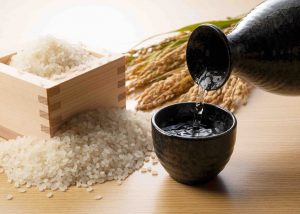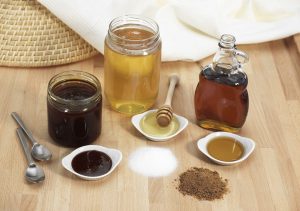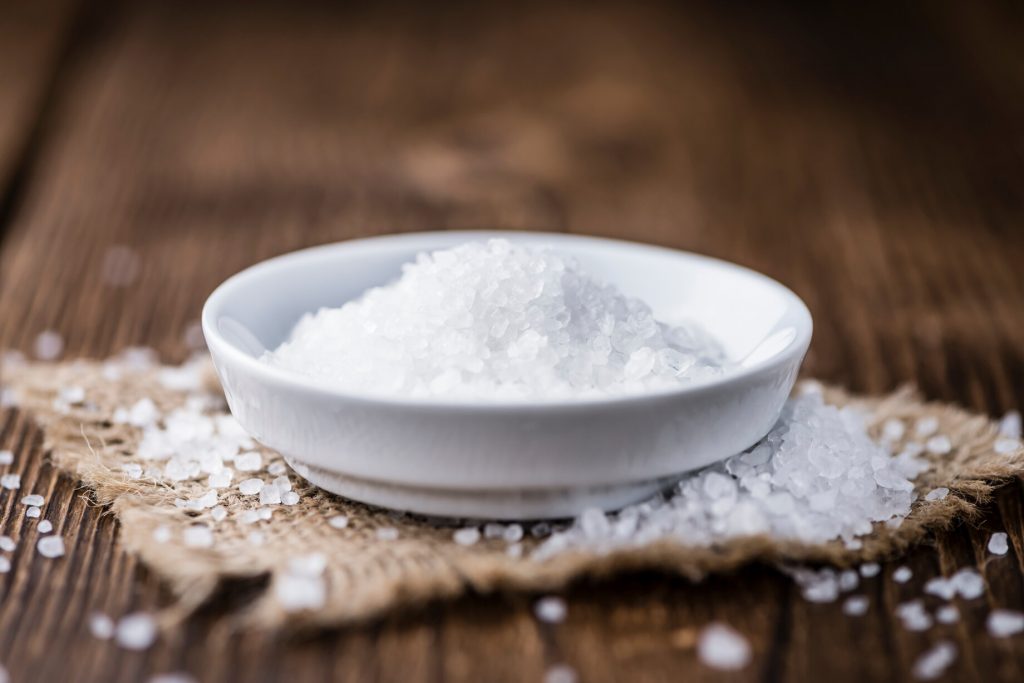
Salt, also known as sodium chloride, is a mineral that’s everyone’s go-to condiment or seasoning when it comes to home cooking or even when eating out at your favorite restaurant. Salt is an important cooking ingredient as it brings out natural flavors in food, balances the sweetness in desserts, and is essential in food preservation.
Different types of salt are becoming popular these days — Himalayan pink salt, Fleur de sel, flake salt, and a whole lot more. With the abundance of these different types of salt that we can choose from, sometimes we might get confused about what to use. One common dilemma home cooks encounter is between kosher salt and sea salt, two of the most commonly used types of salt in kitchens. Are they the same? Well, they are salts, but they are technically not the same.
What Is Kosher Salt?
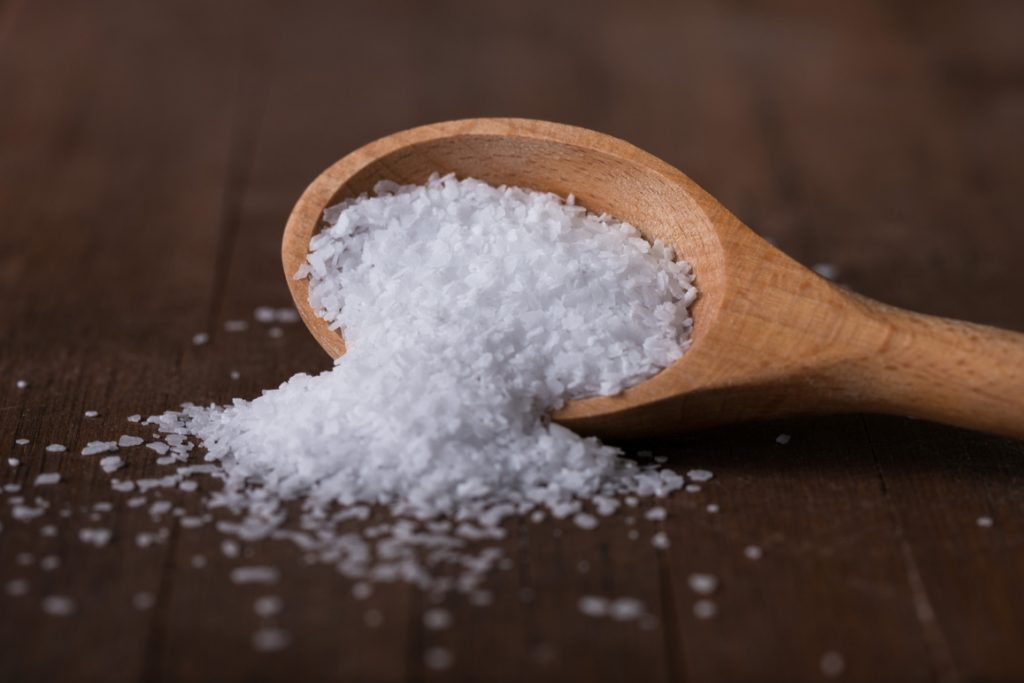
Kosher salt is a very coarse-grained salt. Many cooks love its large and less refined crystals, which are easy to use and grip with their fingers. It is also known for its versatility. Kosher salt can do wonders as a seasoning and even a primary ingredient in meat preservation. It can even be used for pickling and brining!
Kosher salt got its name from an ancient Jewish tradition called kashrut. In this practice, Jews use a very coarse type of salt to drain blood from the meat. However, contrary to popular belief, not all kosher salt can be used in this Jewish tradition. It still needs certification from the Jewish Institute for it to be used as per traditional guidelines.
Just like any other salt, kosher salt can be produced through the seawater evaporation process. The brand Diamond Crystal Kosher Salt is an example. But most of the time, it is generated through salt mining where natural salt deposits are extracted. It also does not contain additives such as iodine. Another reason why most cooks prefer to use it is that kosher salt doesn’t have the bitter aftertaste that iodized salt has.
What Is Sea Salt?
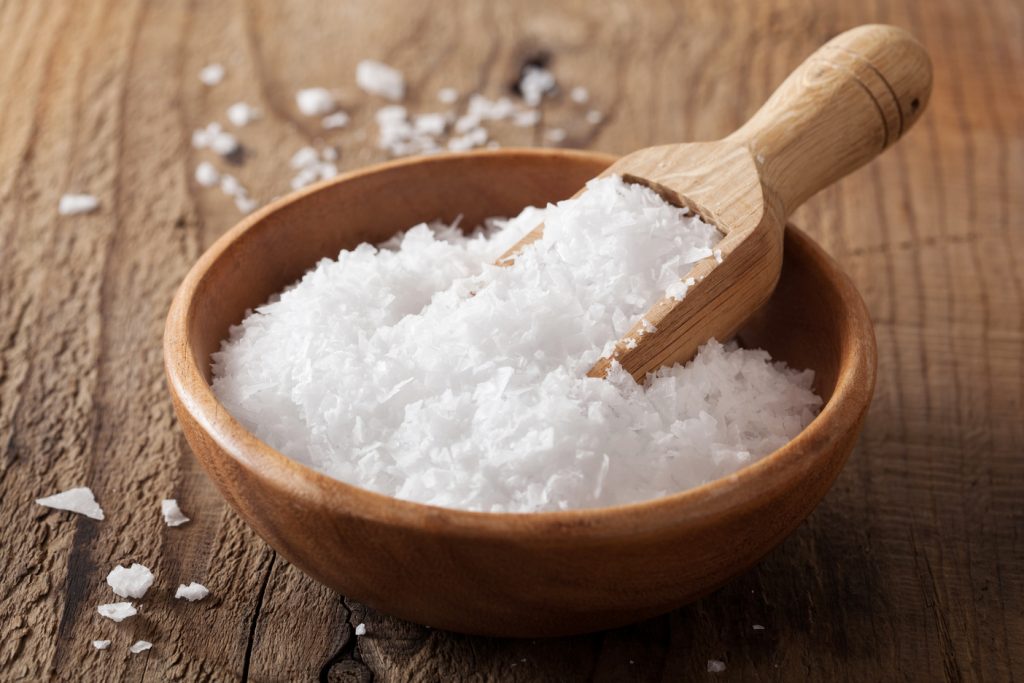
Sea salt, in general, refers to any salt that is produced through the evaporation of ocean water or saltwater from lakes. Usually, sea salt is non-iodized, but by adding iodine after the refining and drying process, iodized salt is produced.
Sea salt is the least processed among all types of salt. That is why it has retained its large granules and traces of different minerals like potassium, iron, and calcium. These minerals affect sea salt’s color and give it its bright, clean taste. It is also a much-preferred salt, especially in gourmet cooking. It comes in different textures and sizes: namely flaky, chunky, and fine sea salt.
Kosher Salt vs Sea Salt: Differences Between the Two
Now, is sea salt the same as kosher salt? So far, we know that all salts are chemically the same. And with sea salt and kosher salt, their differences boil down to their crystals’ shape and texture, taste, and uses.
Shape and Texture

As mentioned, kosher salt has a coarse texture with crystals that are sometimes large and flat. It usually dissolves once it comes into contact with food, providing an even and balanced taste to the cooked dish. Unprocessed sea salt, on the other hand, has grains that come in different shapes and sizes. It is also flaky and grainy when it comes to texture. Cooks prefer this quality of sea salt as it provides a crunchy texture when added to dishes.
Taste
When it comes to taste, sea salt and kosher salt are total opposites. Sea salt has a more potent taste. That is why controlled use is important to avoid over-seasoning food. On the other hand, kosher salt is more versatile, especially if you are the type of cook who prefers estimating the amount of seasoning you add to your food rather than measuring them.
Uses in Cooking

The best salt recommended for beginner cooks because of its flexibility is kosher salt. It is also the best salt for meat brining. One of the best recipes you can use kosher salt in is steak, such as in this delicious eye of round steak. On the other hand, sea salt can do wonders in your desserts and salads, as it is the best salt for finishing dishes or as final seasoning.
Health Benefits
All salts contain the same amount of sodium. Coarse sea salt and kosher salt are almost the same when it comes to health benefits. However, some processed sea salt contains iodine, an element that is not present in kosher. Iodine helps produce thyroid hormones that are very important to control metabolism and has an important function when it comes to bone and brain development.
Price
Compared to kosher salt, sea salt is more expensive. Price usually depends on how the type of salt is harvested. And we all know that sea salt production usually requires a more tedious process, from the collection of seawater up to the extraction of salt crystals through the evaporation process. This means there is a need for more manpower and machinery, thus, making the production cost higher and therefore affecting the salt’s price.
Kosher Salt vs Sea Salt vs Other Types of Salt

Others also tend to compare kosher salt with table salt, or what we also call fine salt. The difference between kosher salt and table salt is almost the same as the latter’s difference with unprocessed sea salt. Aside from its coarse texture compared to table salt’s fine grains, kosher salt does not contain iodine.
On the other hand, Himalayan salt’s main difference between kosher salt and sea salt is its vibrant pink color. It also has a very mild and complex saltiness compared to sea salt and kosher salt.
We also have rock salt that has the closest characteristics to kosher salt compared to other salts. However, you can easily identify it with its grayish color.
Finally, we have iodized salt. From the name itself, it is a salt that contains iodine. Something that both kosher and rock salt do not have. Compared to kosher salt, iodized salt’s pure crystalline white grains are usually fine.
Kosher Salt vs Sea Salt: Conversion
As mentioned, sea salt and kosher salt vary when it comes to taste. Now, can you use sea salt as a kosher substitute? The answer is yes!
As a rough conversion, 1 ¼ teaspoon of kosher salt is equal to 1 teaspoon of fine sea salt. But if you are on a more conservative side and are still not confident using the potent power of sea salt, there are always other kosher salt substitutes that you can use instead.
